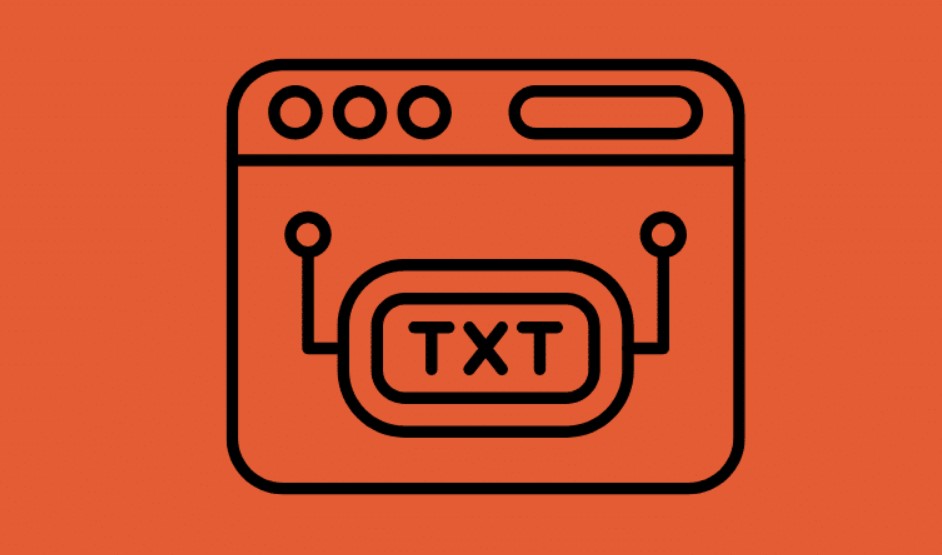Published by NewsPR Today | July 2025
If you want your website to show up higher on Google, maybe Bing, or other search engines? Cool! Two really important ideas can help: link reputation and link equity.
Think of them as your website’s popularity and how much “juice” it gets from other sites. Let’s break it down simply so you can use this stuff to boost your website.
Link Reputation: What’s the Buzz?
Link reputation is all about trust. It’s the trust your website gets when other sites link to it. Imagine links as little votes of confidence. If a website that everyone trusts links to yours, it’s like they’re saying, “Hey, this site is worth a look!” Search engines see these links as a good sign. The more trusted sites linking to you, the better.
Good links from reliable sites make your site look legit. This can bump you up in search results. It can also make visitors trust your brand more. But… links from spammy or weird sites can hurt you. They make your site look less trustworthy, and that can drop your ranking.
It’s not just about the links, though. Search engines look at everything. They check if your content is good, how fast your site loads, if it works on phones, and if it’s secure. All this stuff works together to decide if your site gets seen or gets lost in the crowd.
Related Article: The World of Online Search is Changing! Here’s What You Need to Know (July 2025)
Where Does Reputation Come From?
Link reputation is a big part of how search engines decide if your site is trustworthy. Some tools try to guess your “trust score,” but they’re just estimates. Search engines like Google have their secret ways. They’re looking at:
- How strong the links to your site are.
- If the links seem real or fake (no spam, okay?).
- If the sites linking to you are related to what you do.
- How well-known is your brand online?
Your job is to make search engines see your site as trustworthy. The tools can give you a general idea, but they don’t tell the whole story.
Link Equity: The Link “Power-Up!”
Link equity is the “power boost” a link gives your site. Picture it like water flowing through a hose. The stronger the flow at the source, the more water you get at the end. Here’s what links pack a punch:
- The Linking Site’s Reputation: A link from a major news site is a much bigger deal than a link from a tiny blog you’ve never heard of.
- Relevance & Link Words: The words in the link (called “anchor text”) should be about what your site is about. For example, “best flower gardening tips” is way better than just “click here.” But don’t overdo it! Repeating the same words too much looks fishy to search engines.
- Links on the Page: How Many Others? If a page links to hundreds of sites, each link gives less of a boost than if it only links to, say, five.
Once this “boost” hits your site, you can use internal links (links from one page on your site to another) to send that power to the important pages – like your services or blog posts. A clear, well-organized website helps boost flow where you want it. A messy site just wastes it.
Related Article: Cloudflare Just Changed the SEO Game with Pay-Per-Crawl
Reputation + Equity: The Dynamic Duo
Link equity is like individual link strength, while link reputation is about how trustworthy your overall link collection looks. Search engines use both to determine which of your pages should rank high and to assess the overall reliability of your site. Strong, relevant links from trusted sites can bring a steady stream of visitors to your main pages and build a solid foundation for your SEO.
How Do Search Engines Judge Links?
Search engines look at several things to decide if a link is valuable:
- Topic Match: Links from sites about similar topics carry more weight. If you sell shoes, a link from a running blog is awesome.
- Link Quality: Are the sites linking to you trusted by other reputable sites? It’s all connected.
- Link Growth: Getting links gradually over time looks natural. A sudden flood of links from random sites? Suspicious!
- Link Placement: Links in the main content of a page are more valuable than links tucked away in the footer or sidebar.
When these factors line up, a link gives you a major boost. If they don’t, the link might not help much—or at all.
Internal vs. External Links: Two Sides of the Coin
There are two main types of links:
- External Links: These come from other websites and bring trust and authority to your site. They’re like endorsements.
- Internal Links: These connect pages within your site. They help spread the “boost” from external links to your most important pages. To make this work, use clear words in your links, make sure key pages are easy to reach (within 3 clicks from your homepage is a good rule), and avoid broken links!
Building a Killer Link Collection
A good link collection is about quality, not just piling up tons of links. Here’s what makes a collection stand out:
- Slow & Steady Wins the Race: Add links gradually, not in huge bursts. Think natural growth.
- Variety is the Spice of Life (and Links!): Get links from different, trusted, and relevant sites. Don’t just rely on one source.
- Mix Up Your Link Words: Use your brand name for around 40% of links, normal phrases like “read more” for 30%, topic-related words for 20%, and plain web addresses for 10%. This looks natural!
- A Few “No-Follow” Links Are Okay: A mix of links that count for SEO and ones that don’t looks natural. It’s like a balanced diet for your website.
Red Flags: Signs of a Bad Link Reputation
Bad links can drag your site down. Keep an eye out for:
- Spammy Link Words (e.g., “cheap deals!!!”): These shout “fake” and can seriously hurt your ranking. Fix: Ask the site to remove the link or tell search engines to ignore it using tools like Search Console.
- Links from Unrelated or Weak Sites: These don’t help and can make you look less trustworthy. Fix: Focus on getting links from sites related to your topic.
- Sudden Link Spikes: A ton of links suddenly appearing from forums or comments? That looks unnatural. Fix: Use tools like SEMrush to find and remove bad links.
- Keyword-Heavy Footer Links: These don’t give much of a boost and might cause trouble. Fix: Switch to your brand name or just remove the link.
Simple Ways to Score Awesome Links
Here are some practical ways to earn strong, trustworthy links:
- Create Amazing Content: Make original studies, detailed guides, or free tools that people want to link to. Think “linkable assets.”
- Share Your Expertise: Answer questions on platforms like HARO to get links from big news sites. This is a hidden gem!
- Be a Guest: Join webinars or podcasts, which often include links in their show notes. It’s a great way to connect.
- Update Old Content: Refresh your articles with new info and then ask sites to link to the updated version. It’s a win-win.
- Try Small PR Campaigns: Share local data or support a charity to get links from news or community sites. Think local and newsworthy!
What Does a Healthy Link Collection Look Like?
Check for these signs to see if your links are on the right track:
- Authority Score: A score of 30–40 is pretty good for smaller sites; 50 or higher is awesome for bigger ones. But remember, it’s just one metric.
- Link Sources: You want a slow, steady increase in links. Big jumps need a closer look. It’s about sustained effort.
- Toxicity Score: Keep it below 45. Higher scores mean you might have bad links dragging you down.
- Search Console: Your top linking sites should be related blogs or news outlets, not random or low-quality sites. Your main pages, like guides or services, should get the most links.
Search Engines in 2025: What’s Important?
Links are still important, but they’re not the only thing that matters anymore:
- Google: Links show trust, but great content and a fast, user-friendly site are just as important. It’s about the whole package.
- Bing: Loves strong links but also checks if people click your site and stay there. User engagement matters!
- Baidu: Cares about your site’s quality and links from trusted local sites (like news or government sites). Local authority is key here.
- Yandex: Links help, but local details and how long visitors stay on your site matter more. It’s about understanding your audience.
Wrapping It Up (Finally!)
Link reputation and link equity are key to getting your website noticed and trusted. Focus on earning links from strong, related sites, using a mix of link words, and guiding the “boost” to your most important pages with internal links. Combine this with high-quality content and a smooth, fast website, and you’ll have a winning strategy for ranking higher and building trust on any search engine.
Keep up with more SEO tips and tricks from NewsPR Today!




